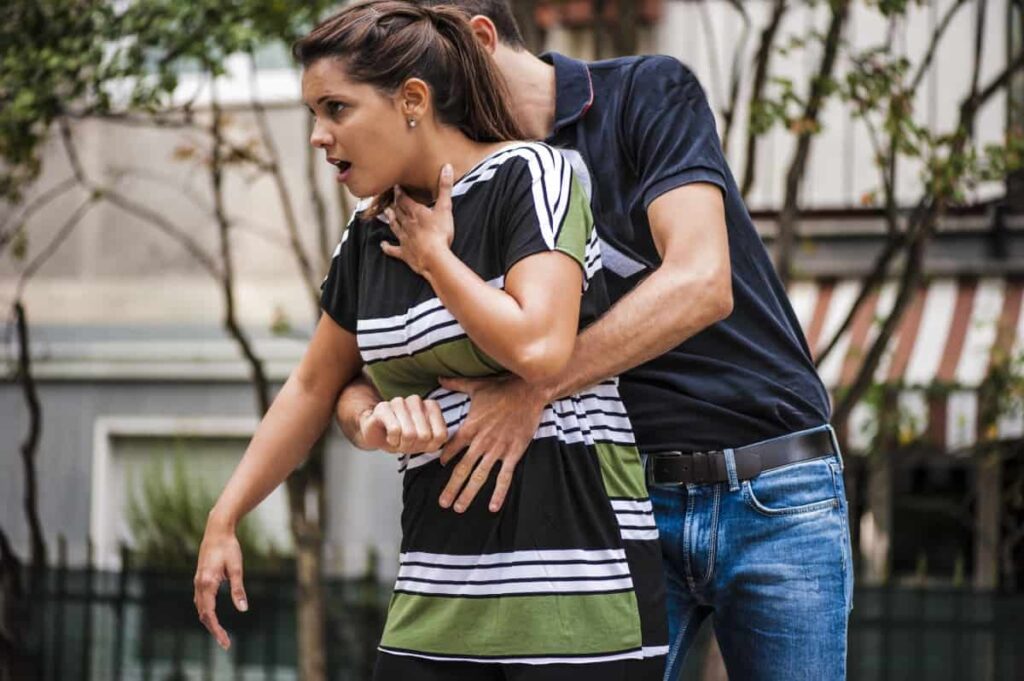Have you ever wondered if you could legally take action against someone who saved your life? It might seem counterintuitive, but the answer is generally no. Laws are designed to encourage people to help others in need, and those who step in to save a life are typically protected from lawsuits. This legal principle, known as “Good Samaritan” laws, aims to create a society where individuals feel safe assisting others without fear of legal repercussions. However, there are rare exceptions to this rule.
This article will delve into the complexities of suing someone for saving your life. We’ll explore the concept of “Good Samaritan” laws, examine the exceptions to these protections, and discuss the legal implications of negligence and malicious intent in life-saving situations.
Can You Sue for Life Saving
The short answer is typically no. Laws generally recognize the inherent duty to help others in danger, and individuals who intervene to save a life are typically shielded from liability, even if their actions unintentionally cause harm. This legal principle, known as “Good Samaritan” laws, is designed to encourage people to act heroically without fear of legal consequences.
Imagine a scenario where someone witnesses a car accident and rushes to help the injured driver. Even if, in their attempt to assist, they accidentally cause further injury, they would likely be protected under “Good Samaritan” laws. The law prioritizes the act of saving a life over potential unintended consequences.
However, it’s important to note that this protection is not absolute. There are specific circumstances where a lawsuit might be possible, even in cases involving life-saving actions.
Good Samaritan Laws

“Good Samaritan” laws are designed to protect individuals who voluntarily render aid to someone in need. These laws vary from state to state, but they generally provide immunity from civil liability for individuals who act in good faith to provide assistance.
The purpose of “Good Samaritan” laws is to encourage people to help others without fear of being sued for any unintentional harm that may occur during the rescue attempt. This promotes a culture of compassion and encourages individuals to step up and assist those in danger.
It’s important to remember that “Good Samaritan” laws typically apply only to situations where the individual is acting voluntarily and without expectation of compensation.
Exceptions to Good Samaritan Laws
While “Good Samaritan” laws offer significant protection, there are exceptions to these rules.
Gross Negligence
One exception is gross negligence. If an individual acts with reckless disregard for the safety of others, they may not be protected by “Good Samaritan” laws. For example, if someone attempts to rescue someone from a burning building but does so in a way that endangers the lives of others, they could be held liable for their actions.
Intentional Harm
Another exception is intentional harm. If someone intentionally causes harm to another person while attempting to save them, they will not be protected by “Good Samaritan” laws. This exception applies to situations where the individual’s actions are motivated by malice or ill intent.
Professional Context
“Good Samaritan” laws typically do not apply to individuals who are acting in a professional capacity. For example, a doctor or nurse who is treating a patient in a hospital setting is not protected by “Good Samaritan” laws if they make a medical error.
Negligence and Liability

In most cases, individuals who attempt to save a life are not held liable for any unintentional harm that may occur. This is because the law recognizes the inherent risks involved in rescue attempts and prioritizes the act of saving a life over potential negligence.
However, there are situations where negligence could potentially lead to a lawsuit. For example, if someone attempts to rescue someone from a burning building but fails to take reasonable precautions to ensure their own safety, they could be held liable for any injuries they sustain.
It’s important to note that proving negligence in a life-saving situation can be challenging. The plaintiff would need to demonstrate that the individual who attempted the rescue acted unreasonably and that their actions fell below the standard of care expected of a reasonable person in similar circumstances.
Malicious Intent
As mentioned earlier, “Good Samaritan” laws do not protect individuals who act with malicious intent. If someone intentionally harms another person while attempting to save them, they will not be protected by these laws.
For example, if someone pretends to need help and then attacks the individual who comes to their rescue, they could be charged with assault or battery.
Conclusion
While it might seem unusual, the legal answer to the question “Can you sue someone for saving your life?” is generally no. “Good Samaritan” laws are designed to encourage individuals to help others in need without fear of legal repercussions. However, there are exceptions to these protections, such as gross negligence, intentional harm, and situations involving professional contexts. Ultimately, the law recognizes the inherent duty to help others and prioritizes the act of saving a life over potential unintended consequences.



